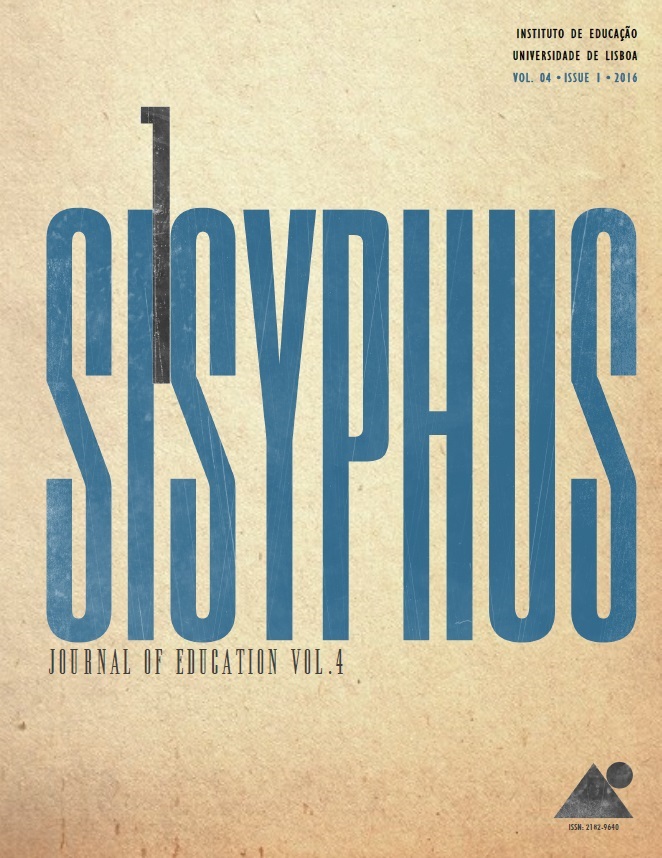Advertising, Marketing and Image: Visual Representations and School Modernity through Postcards (Spain, the Twentieth Century)
DOI:
https://doi.org/10.25749/sis.10458Keywords:
Postcards, Educational modernity, School image and advertising, History of photography, Spain, twentieth centuryAbstract
By the end of the nineteenth century picture postcards had become an advertising tool for businesses, and their importance would grow still more during the early decades of the twentieth century. Primary, secondary and professional schools of education (especially those of a religious nature) were also quick to make use of them, and state schools built at that time would, albeit somewhat later, follow suit. These postcards served as a “business” or “visiting cards” for these educational institutions, which used them to show families and the general public the image, and images, by which they wished to be known. This paper analyzes the general evolution in Spain of this modern type of advertising, which transmitted socio-cultural values and created school identities, while also looking at the different uses that were made of them, the norms followed and the diversity of images offered by some educational institutions.Downloads
Downloads
Published
Issue
Section
License
Copyright (c) belongs to Sisyphus - Journal of Education. However, we encourage issued articles to be published elsewhere, provided that Sisyphus authorization is asked for and that authors integrate our original source citation and a link to our website.
Author Self-Archiving Policy
Author(s) are permitted to self-archive the final published version in institutional or thematic repositories, and in their personal or institutional websites.
DORA Signer
The Instituto de Educação da Universidade de Lisboa, Sisyphus' Publisher, is a San Francisco Declaration on Research Assessment signer.






